Home>Renovation & DIY>Home Renovation Guides>What Happens If You Do Home Improvements Without A Permit?
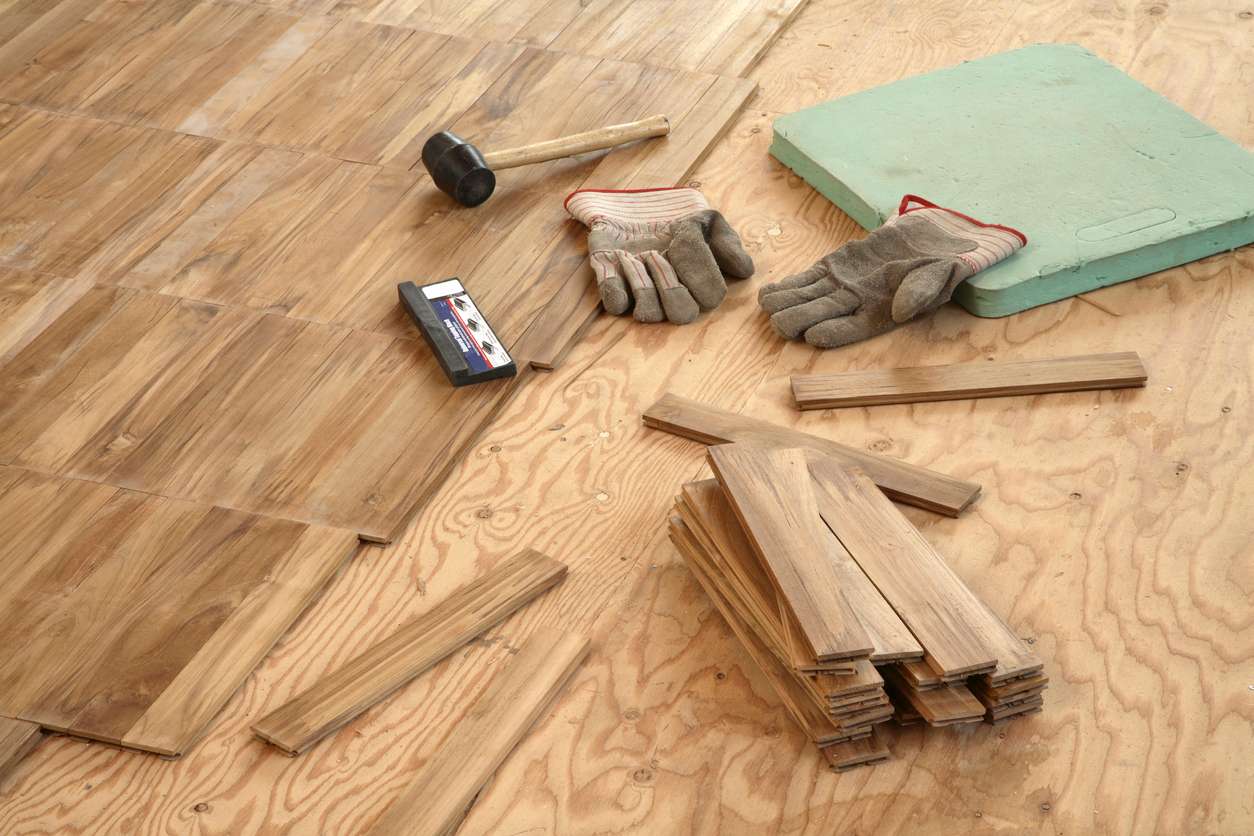

Home Renovation Guides
What Happens If You Do Home Improvements Without A Permit?
Modified: January 4, 2024
Find out the consequences of undertaking home renovations without a permit. Our home renovation guide will help you navigate the permit process and avoid potential legal issues.
(Many of the links in this article redirect to a specific reviewed product. Your purchase of these products through affiliate links helps to generate commission for Storables.com, at no extra cost. Learn more)
Introduction
Embarking on a home improvement project is an exhilarating endeavor. Whether you are revamping your kitchen, adding a new room, or renovating your outdoor space, the prospect of enhancing your living environment is undoubtedly enticing. However, amidst the excitement of envisioning your dream home, it is crucial to navigate the regulatory aspects of home renovations, particularly the requirement for building permits.
In this comprehensive guide, we will delve into the significance of building permits, the potential repercussions of undertaking home improvements without proper authorization, and the legal and safety implications associated with this decision. Understanding these factors is paramount to ensuring a seamless and compliant home renovation experience. So, let's embark on this enlightening journey to unravel the intricacies of home improvements and building permits.
Key Takeaways:
- Don’t Skip the Permit!
Embarking on home improvements without a permit can lead to financial setbacks, legal disputes, and safety hazards. Prioritize regulatory compliance to safeguard your property and well-being. - Permits Protect You and Your Home
Building permits are more than just paperwork – they ensure safety, compliance, and property value. By obtaining permits, you contribute to a secure and thriving community.
Understanding Building Permits
Building permits are official documents issued by local government authorities that grant legal permission to commence construction or renovation projects. These permits serve as a safeguard to ensure that the proposed changes to a property comply with building codes, zoning regulations, and other relevant standards. Essentially, building permits are a means of regulating construction activities to uphold safety, structural integrity, and adherence to community guidelines.
Before initiating any significant home improvement project, it is imperative to ascertain whether a building permit is required. While minor cosmetic alterations such as painting or installing new flooring may not necessitate a permit, structural modifications, electrical work, plumbing alterations, and additions to the existing footprint of a property typically mandate official authorization.
Obtaining a building permit involves submitting detailed plans and specifications of the proposed changes to the designated local authority. These plans are thoroughly reviewed to ensure compliance with building regulations and to assess the potential impact on the surrounding environment and neighboring properties. Once the permit is granted, it signifies that the proposed project aligns with safety standards and legal requirements, thereby providing assurance to homeowners, contractors, and the community at large.
Moreover, building permits also facilitate oversight and inspections throughout the construction process. This oversight is essential for verifying that the work is executed in accordance with approved plans and meets the stipulated standards. By adhering to the permit guidelines, homeowners can mitigate potential hazards, uphold property values, and contribute to the overall integrity of their neighborhood.
Understanding the pivotal role of building permits in the realm of home improvements is fundamental to embarking on a compliant and secure renovation journey. Now that we have grasped the essence of building permits, let us explore the ramifications of undertaking home improvements without the requisite permits.
Consequences of Doing Home Improvements Without a Permit
Undertaking home improvements without obtaining the necessary building permits can lead to a myriad of consequences that may significantly impact homeowners, contractors, and the overall integrity of the property. It is essential to be cognizant of these potential repercussions to make informed decisions and avoid the pitfalls associated with non-compliance.
One of the foremost consequences of proceeding with home improvements sans the requisite permits is the potential for financial setbacks. In the event of unpermitted work, homeowners may encounter difficulties when attempting to sell their property in the future. Prospective buyers, often guided by real estate agents and appraisers, may uncover the unauthorized modifications during the due diligence process, leading to complications in the transaction and potentially diminishing the property’s market value.
Furthermore, municipalities have the authority to levy fines and penalties for unpermitted construction activities. These financial repercussions can escalate rapidly, resulting in substantial monetary burdens for the homeowner. Additionally, in some cases, local authorities may mandate the removal or alteration of the unpermitted work, entailing further expenses and logistical challenges.
Aside from the financial implications, unpermitted home improvements can also pose obstacles in securing insurance coverage. In the event of damage or liabilities stemming from unpermitted work, homeowners may encounter difficulties with insurance claims, potentially leading to coverage denials or disputes. This underscores the importance of adhering to regulatory requirements to safeguard one’s property and financial interests.
Moreover, non-compliant renovations can trigger legal disputes and protracted litigation. Homeowners may face injunctions, code violation citations, and legal actions from disgruntled neighbors or local authorities. These legal entanglements can engender stress, strain relationships, and engender protracted disruptions to the renovation process.
By comprehending the potential repercussions of undertaking home improvements without a permit, homeowners can make informed decisions and prioritize regulatory compliance to avert these adverse outcomes. Now, let’s delve into the legal ramifications and safety concerns associated with unpermitted home improvements.
Always check with your local building department before starting any home improvement project to see if a permit is required. Doing work without a permit can result in fines, having to redo the work, or even legal issues.
Legal Ramifications
Engaging in home improvements without obtaining the requisite building permits can precipitate a host of legal ramifications that may ensnare homeowners in protracted disputes and regulatory entanglements. It is imperative to recognize and address these legal implications to safeguard one’s interests and uphold compliance with local regulations.
Foremost among the legal ramifications is the potential for code enforcement actions initiated by local authorities. Upon discovering unpermitted construction activities, municipalities have the prerogative to issue citations, stop-work orders, and compliance directives, compelling homeowners to rectify the non-compliant work and secure the necessary permits. Failure to adhere to these directives can result in escalating fines, legal actions, and the imposition of stringent penalties.
Furthermore, unpermitted home improvements can precipitate legal disputes with neighbors and homeowner associations. Non-compliant renovations may encroach on property boundaries, violate zoning regulations, or infringe upon shared amenities, leading to conflicts and legal actions. These disputes can strain community relations, engender animosities, and necessitate costly legal resolutions.
In addition, the absence of building permits can impede the resolution of property-related conflicts and disputes. In the event of structural issues, property line disputes, or insurance claims, the absence of permits and documentation can complicate the adjudication of these matters, potentially leaving homeowners vulnerable to liabilities and financial repercussions.
Moreover, unpermitted work can impede the issuance of occupancy certificates and hinder property transactions. When attempting to sell or transfer ownership of the property, the lack of permits may emerge during inspections and title searches, impeding the seamless transfer of ownership and potentially dissuading prospective buyers.
Understanding the legal ramifications of unpermitted home improvements underscores the imperative of regulatory compliance and due diligence. By prioritizing adherence to building permit requirements, homeowners can avert legal entanglements, safeguard their property rights, and foster harmonious relations within their community. As we navigate the legal implications, let’s delve into the paramount concern of safety associated with unpermitted renovations.
Safety Concerns
Undertaking home improvements without securing the requisite building permits can engender a myriad of safety concerns that jeopardize the well-being of occupants, compromise structural integrity, and undermine the overall safety of the property. Prioritizing safety considerations is paramount in the realm of home renovations, necessitating a comprehensive understanding of the potential hazards associated with unpermitted work.
One of the primary safety implications of unpermitted renovations is the compromise of structural integrity. Without the oversight and scrutiny provided by the permit process, the quality and adherence to safety standards of the construction work may be compromised. This can lead to structural deficiencies, weakened load-bearing elements, and heightened susceptibility to structural failures, posing grave risks to occupants and neighboring properties.
Furthermore, unpermitted electrical, plumbing, and HVAC (heating, ventilation, and air conditioning) work can precipitate hazardous conditions, including electrical malfunctions, gas leaks, and plumbing failures. These safety hazards not only imperil the occupants of the property but also pose risks to neighboring properties, potentially culminating in catastrophic incidents and liabilities.
In addition, unpermitted renovations may bypass essential safety measures and building code requirements designed to mitigate fire hazards, ensure egress routes, and uphold occupant safety. This can lead to non-compliant fire suppression systems, inadequate means of egress, and the absence of critical safety features, thereby exposing occupants to heightened fire risks and compromising their ability to evacuate safely in the event of an emergency.
Moreover, unpermitted modifications can undermine the environmental safety and integrity of the property, leading to drainage issues, soil instability, and alterations that impact the natural ecosystem. These environmental concerns not only jeopardize the property’s sustainability but can also engender broader ecological repercussions, necessitating remediation efforts and potentially incurring regulatory sanctions.
Comprehending the safety concerns associated with unpermitted home improvements underscores the imperative of regulatory compliance and due diligence. By prioritizing safety considerations and adhering to building permit requirements, homeowners can mitigate potential hazards, safeguard the well-being of occupants, and uphold the integrity of their property. As we conclude our exploration of safety concerns, it is evident that the significance of building permits transcends regulatory compliance, encompassing paramount considerations of safety and structural integrity.
Conclusion
Embarking on home improvements is a transformative journey that holds the promise of enhancing the comfort, functionality, and aesthetic appeal of your living space. However, amid the excitement of envisioning your dream home, it is crucial to navigate the regulatory landscape and adhere to the requisite building permit requirements. The ramifications of undertaking home improvements without the necessary permits are far-reaching, encompassing financial, legal, and safety implications that can significantly impact homeowners and their properties.
Understanding the pivotal role of building permits in regulating construction activities and upholding safety and compliance is fundamental to embarking on a secure and compliant renovation journey. The consequences of unpermitted work extend beyond financial setbacks and legal entanglements, encompassing safety hazards that imperil occupants, compromise structural integrity, and undermine the environmental sustainability of the property.
By prioritizing regulatory compliance, homeowners can avert the pitfalls associated with unpermitted renovations, safeguard their property values, and contribute to the overall integrity of their community. Obtaining building permits not only signifies adherence to legal requirements but also facilitates oversight, inspections, and adherence to safety standards throughout the construction process.
As you embark on your home improvement endeavors, remember that the significance of building permits transcends regulatory compliance, encompassing paramount considerations of safety, structural integrity, and community well-being. By navigating the regulatory landscape with diligence and foresight, you can embark on a renovation journey that not only realizes your vision for your home but also upholds the principles of safety, compliance, and stewardship.
In essence, building permits are not merely bureaucratic requisites but indispensable safeguards that uphold the sanctity of your home and the well-being of its occupants. So, as you embark on your renovation odyssey, let the guiding beacon of building permits illuminate your path, ensuring a transformative, compliant, and secure home improvement experience.
Frequently Asked Questions about What Happens If You Do Home Improvements Without A Permit?
Was this page helpful?
At Storables.com, we guarantee accurate and reliable information. Our content, validated by Expert Board Contributors, is crafted following stringent Editorial Policies. We're committed to providing you with well-researched, expert-backed insights for all your informational needs.

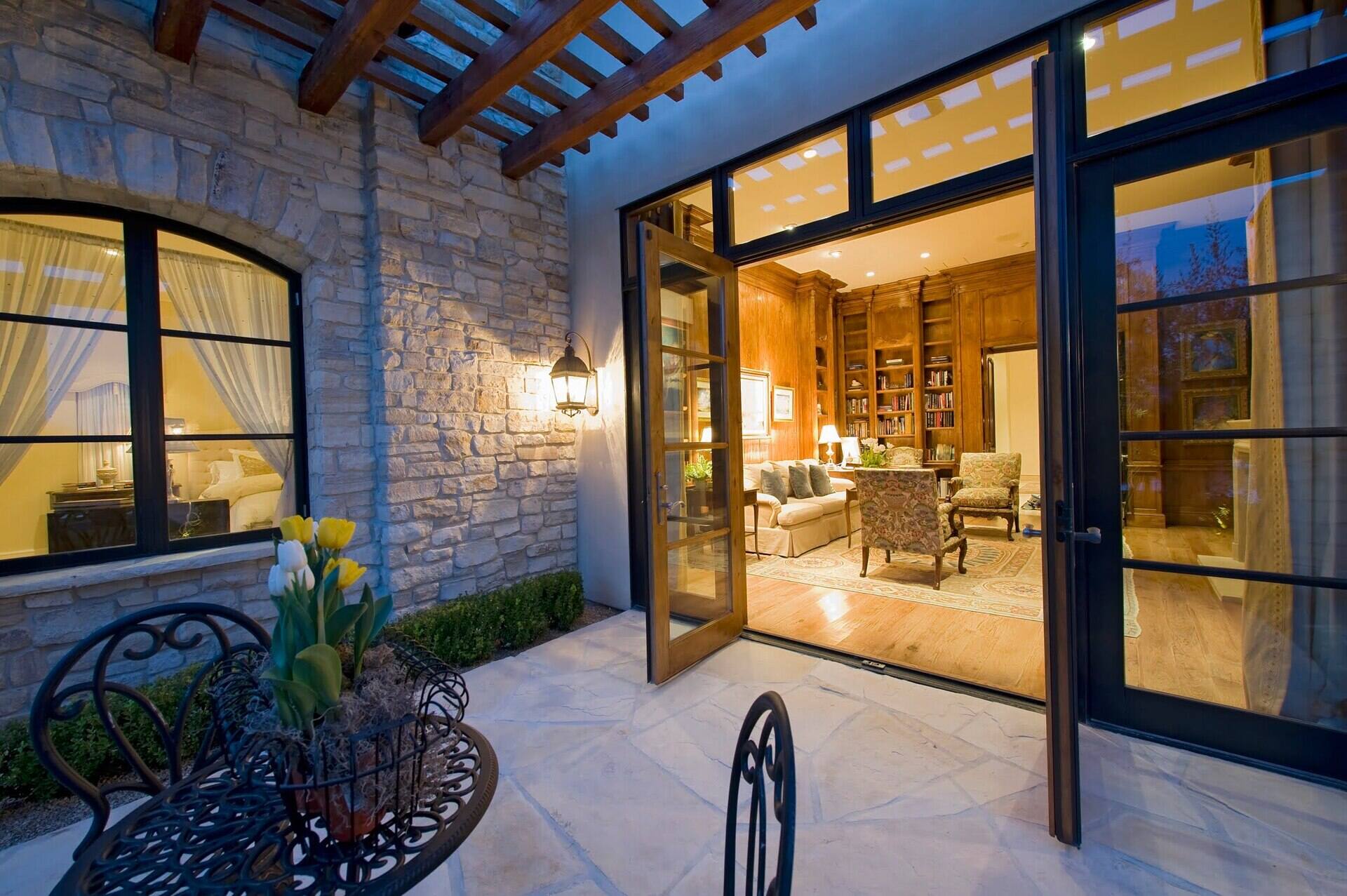

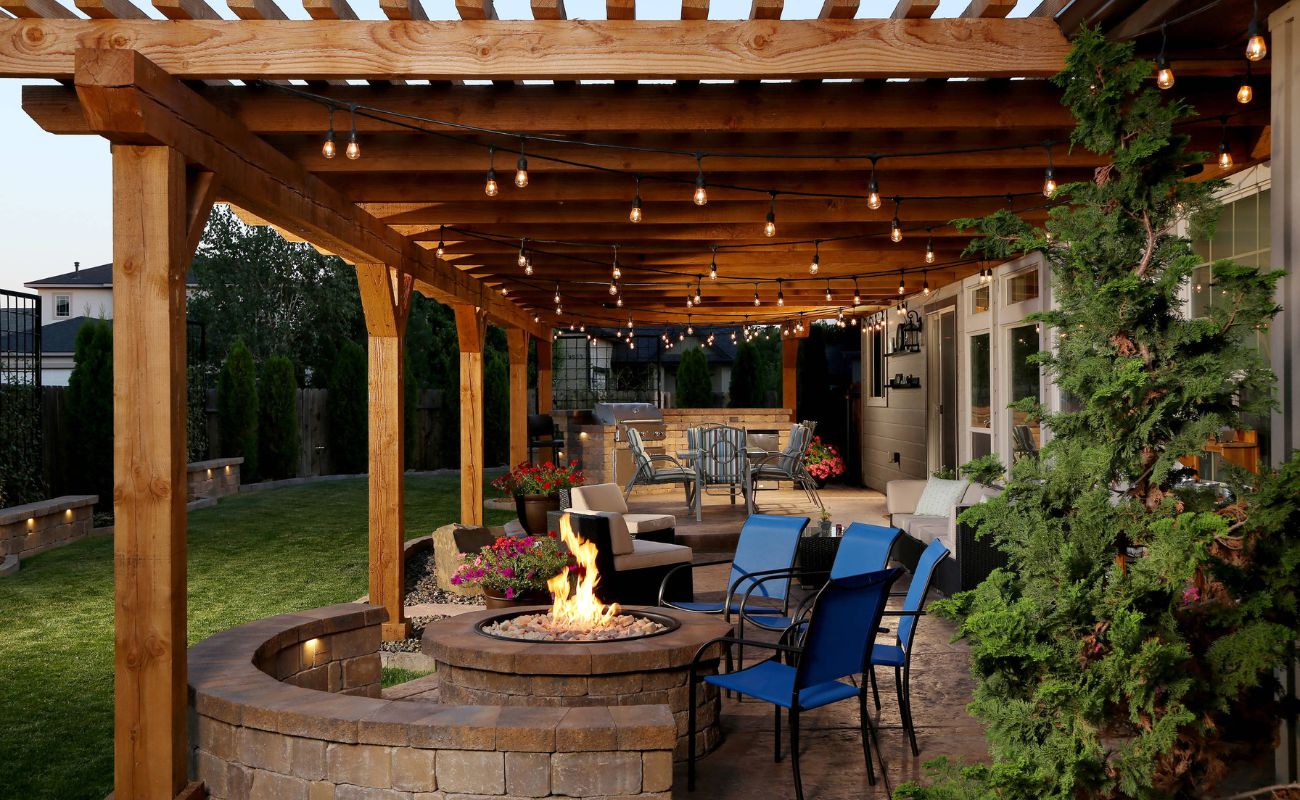
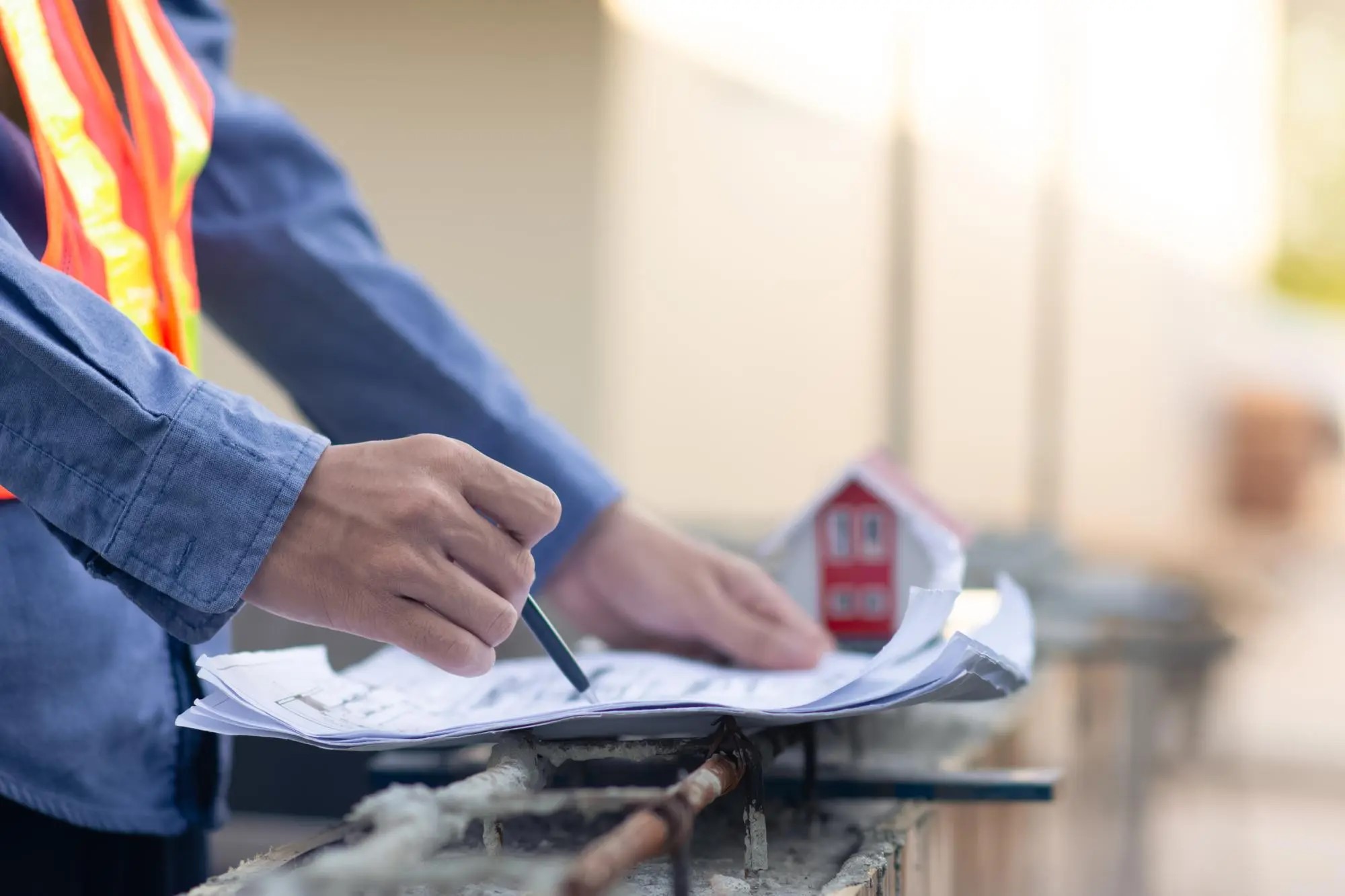
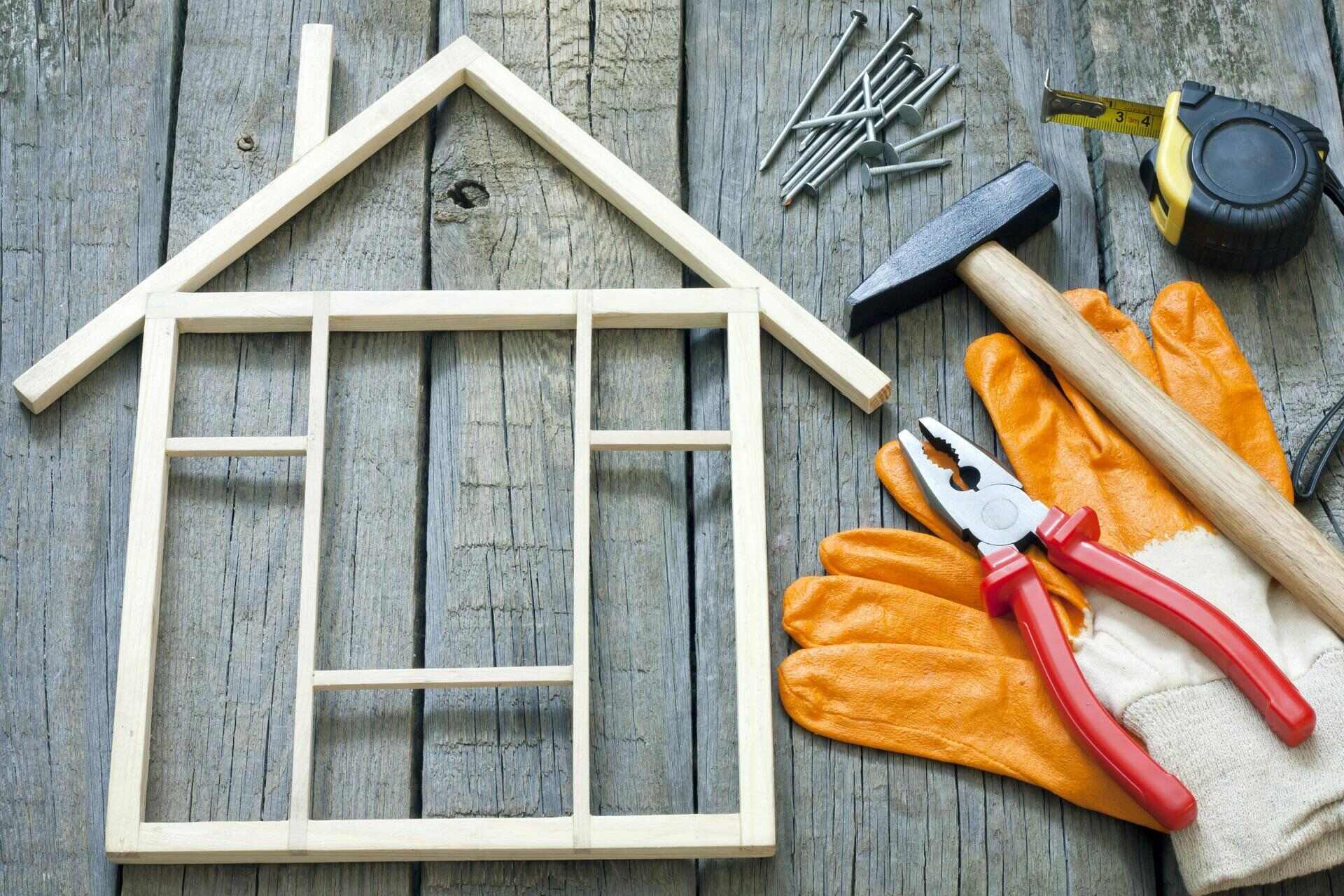
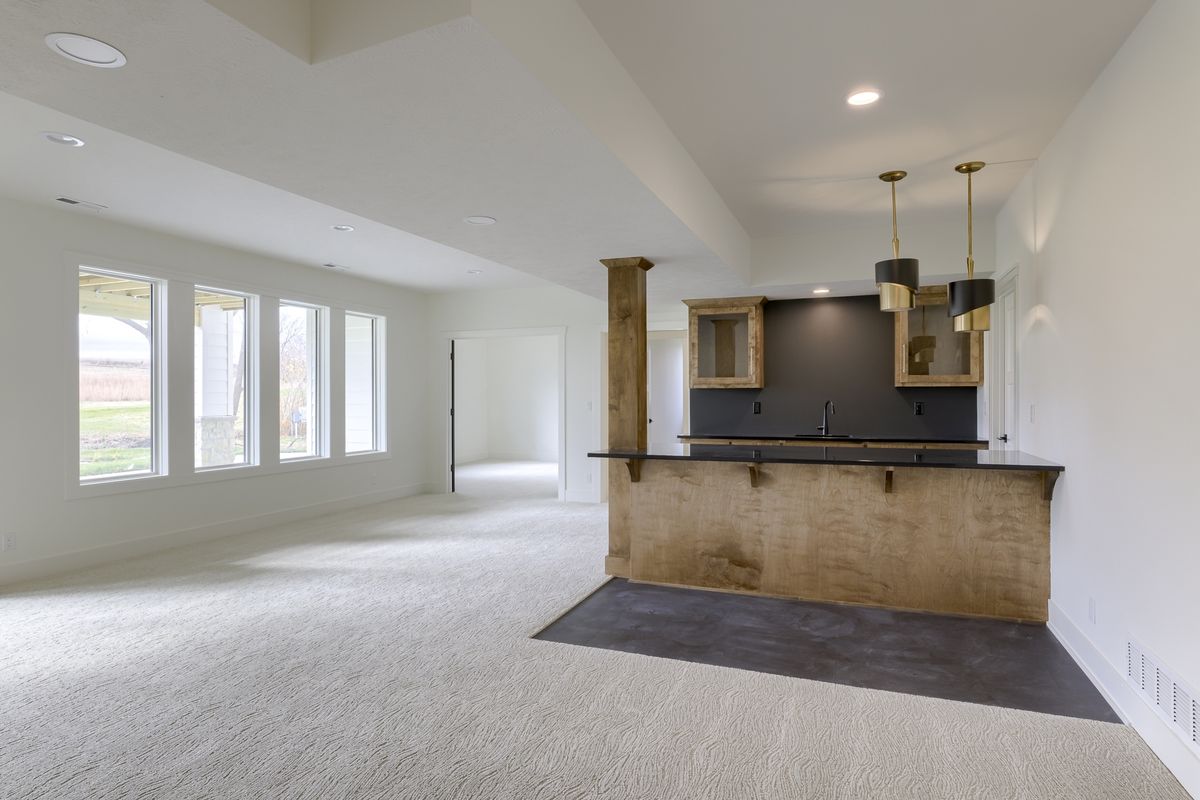
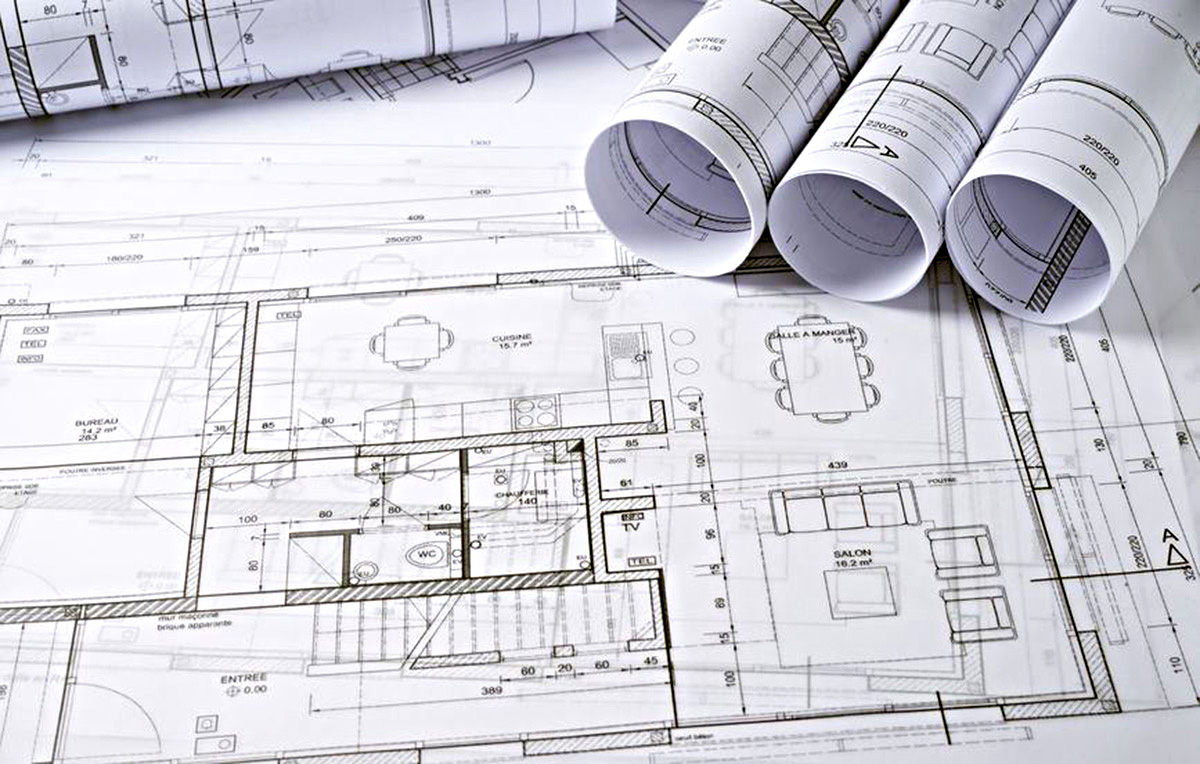

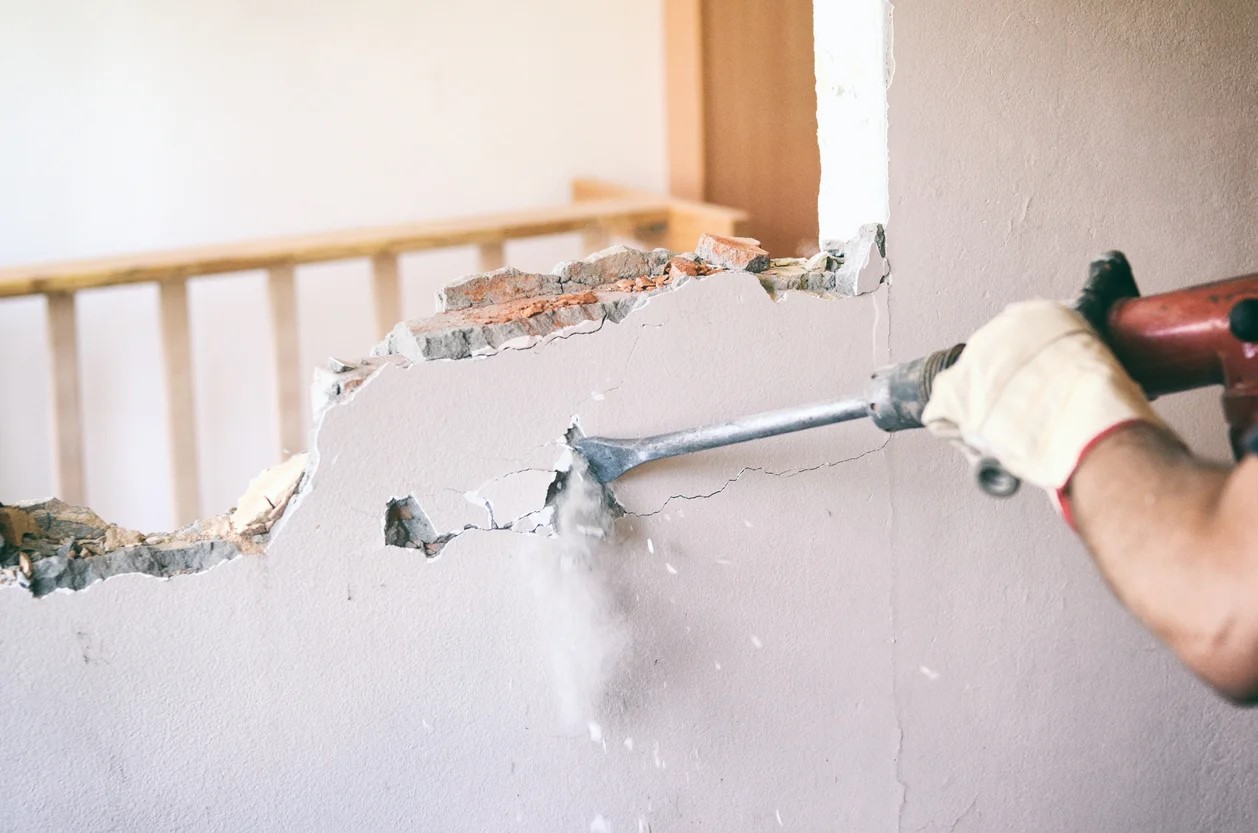
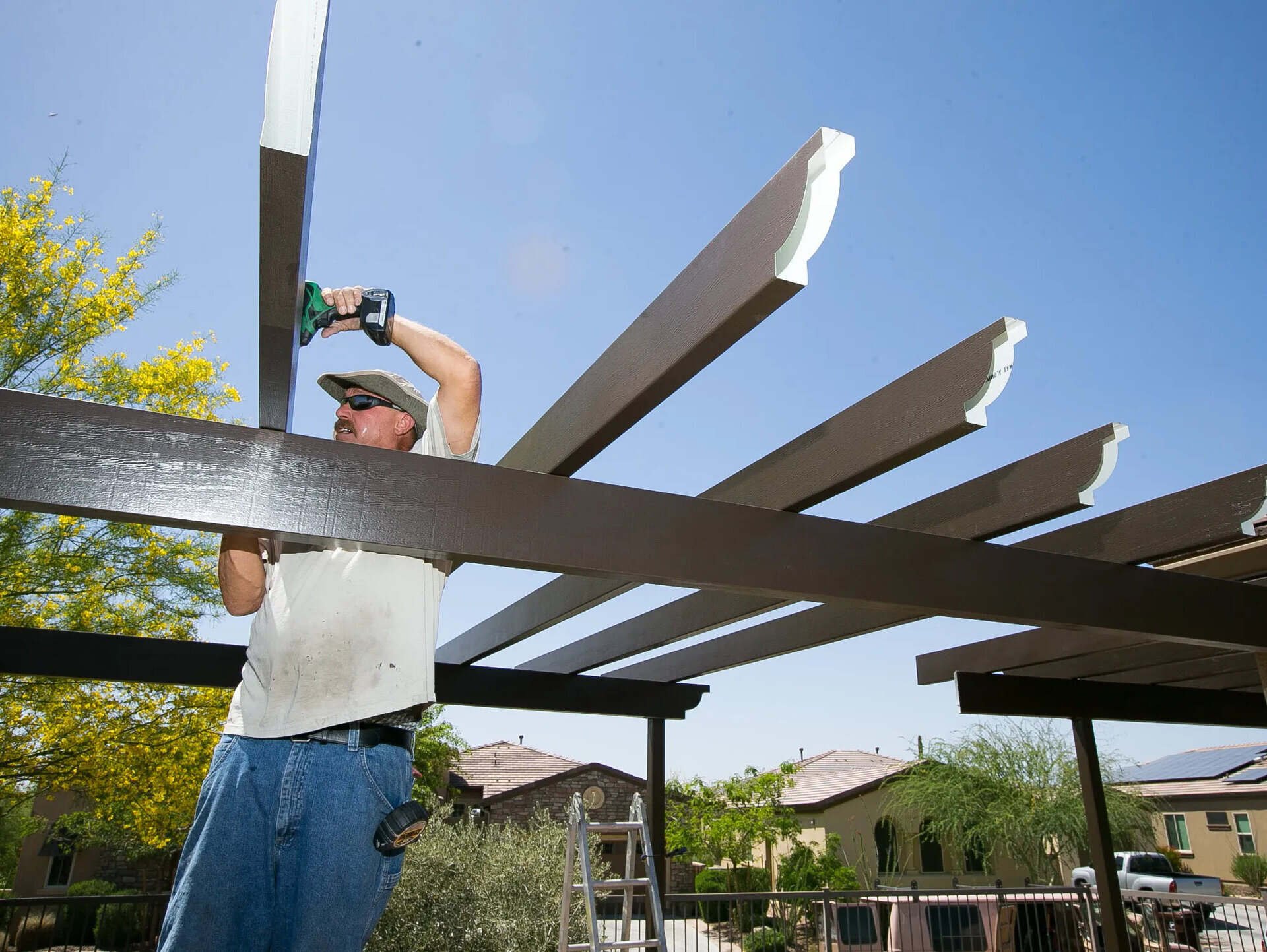




0 thoughts on “What Happens If You Do Home Improvements Without A Permit?”